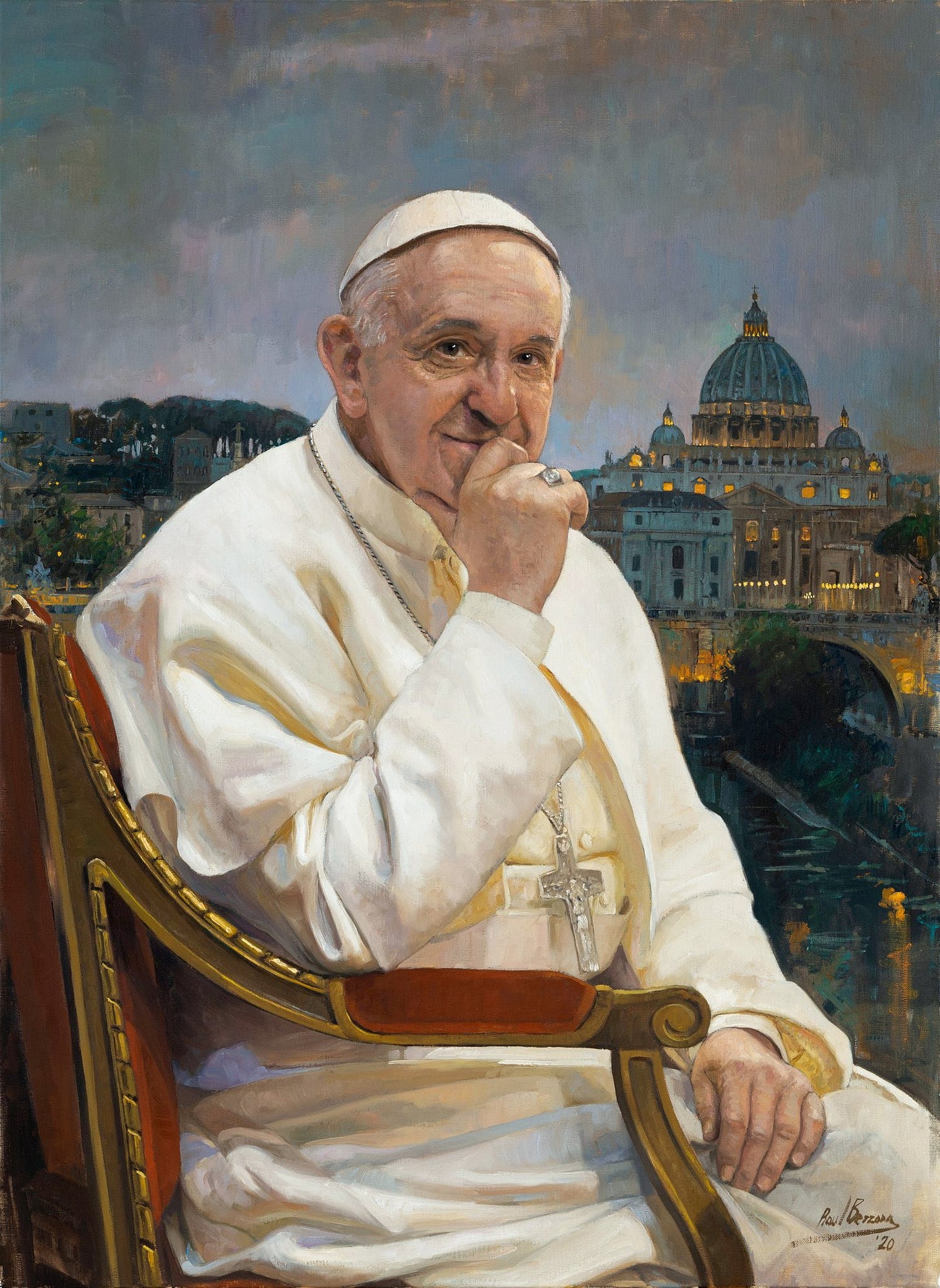What I Saw — And Felt — At Pope Francis's Funeral
Three months on, Francis’s legacy is only beginning to reveal its depth — for the Church, Pope Leo, and the entire world.

Dear friends and fellow travelers,
Sitting atop the colonnades of St. Peter’s Basilica on April 26, just minutes after Pope Francis’s funeral, I wrote a reflection for Newsweek about what I had seen and felt …


